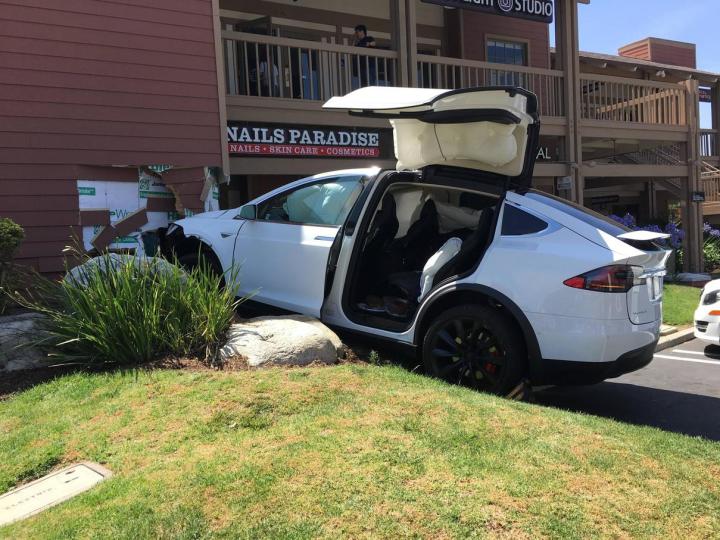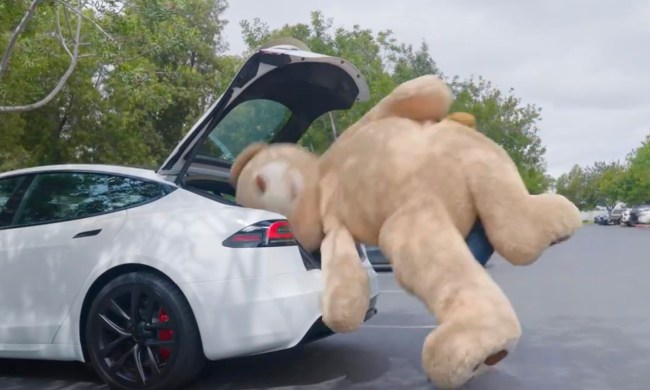
The motivation for tracking driver actions as well as vehicle system status and performance involves more than just safety, although finding out why accidents happen is a major concern. Tesla uses its data to document autopilot features and to monitor how its cars perform for service tracking and for technology analysis and development. The California-based electric car company also has offered to share its accumulated data with the Department of Transportation to help that agency accrue information about driverless car safety versus human-driven cars and hopefully speed up legislation allowing vehicle autonomy on public roads.
Insurance companies likely would love to be able to access actual driver behavior, perhaps accompanied by 360-degree camera views, to determine fault in accidents and collisions. Imagine a future where your digital dashboard has a gauge that shows your insurance rate adjusting in real-time, increasing when you exceed the speed limit or drive erratically, and going down as you rack up miles of cautious driving behavior.
If you are already a bit freaked out about E-ZPass electronic toll devices telling Big Brother where you travel, you likely won’t be thrilled by the idea of carmakers continuously monitoring driver behavior. And if you don’t want “them” to watch, you’d better maintain your current vehicles well, because in another few years driver data collection could be universal in all new cars.
Today approximately 25 percent of new cars have the required onboard technology to track driver behavior, according to the MIT Technology Review report. And that percentage is rising fast. A report by Verisk Analytics states that more than 90 percent of new vehicles will have onboard tracking systems by 2020. The same report says that GM and other companies see gathering driver data as a business opportunity.



